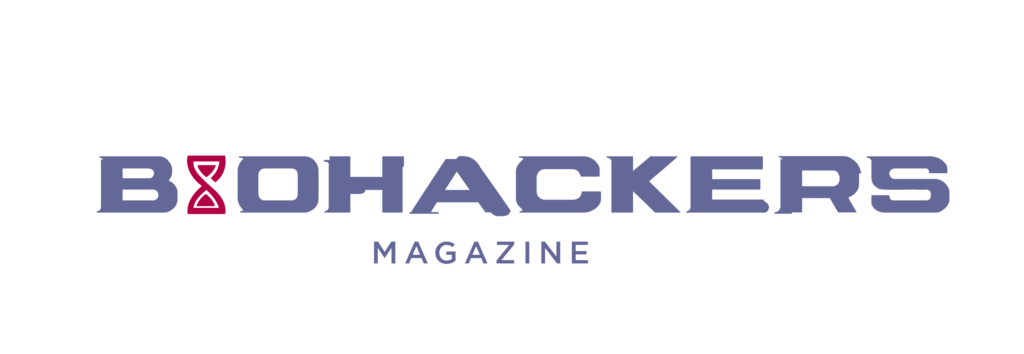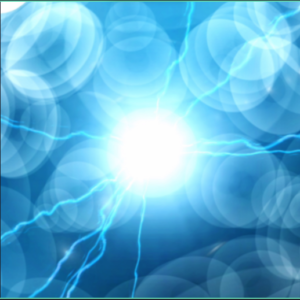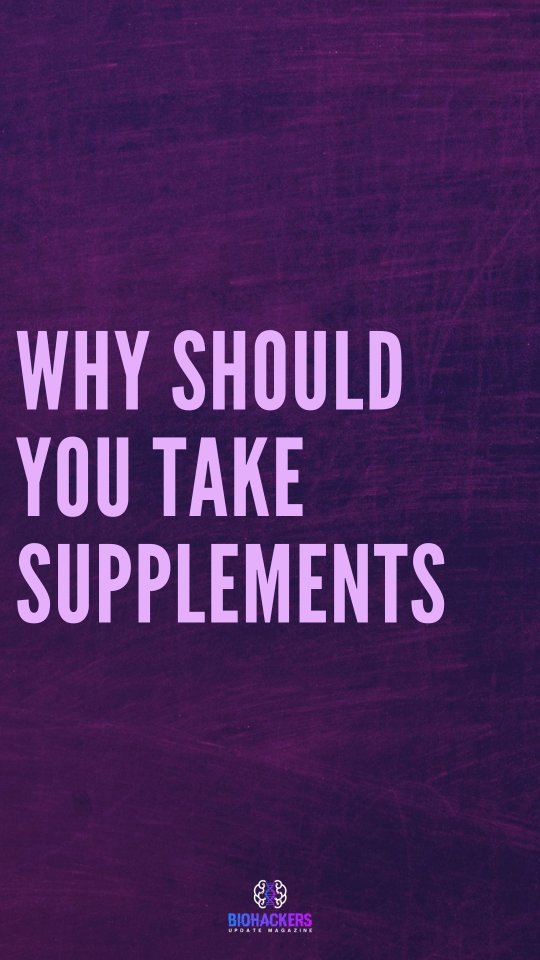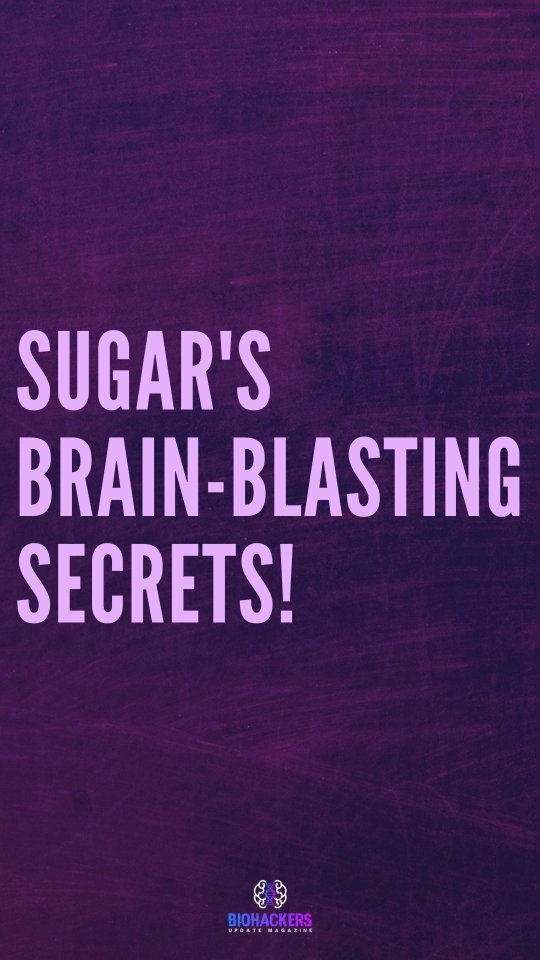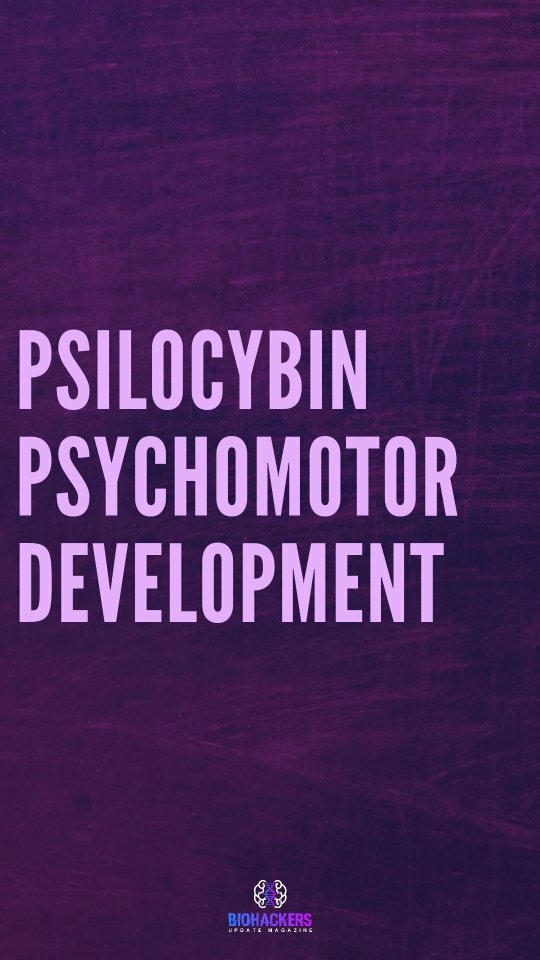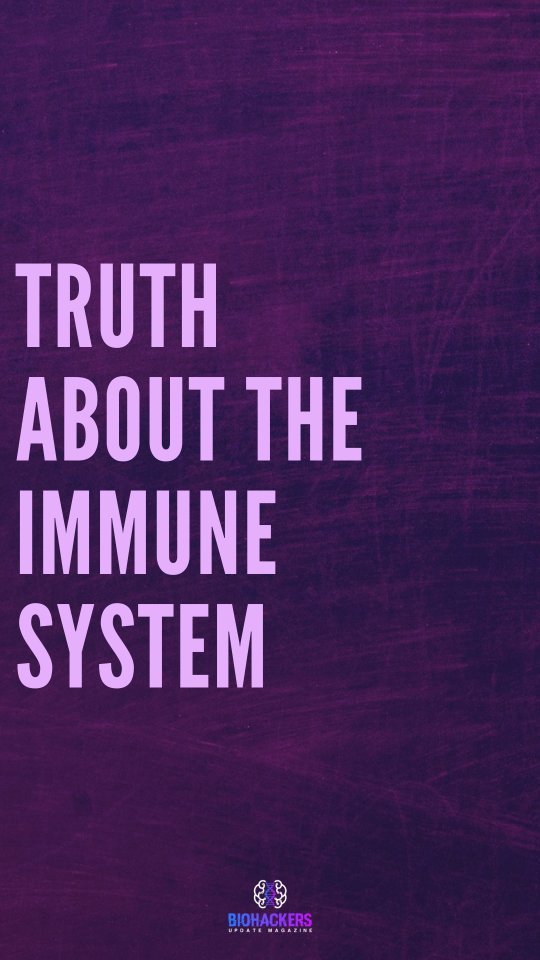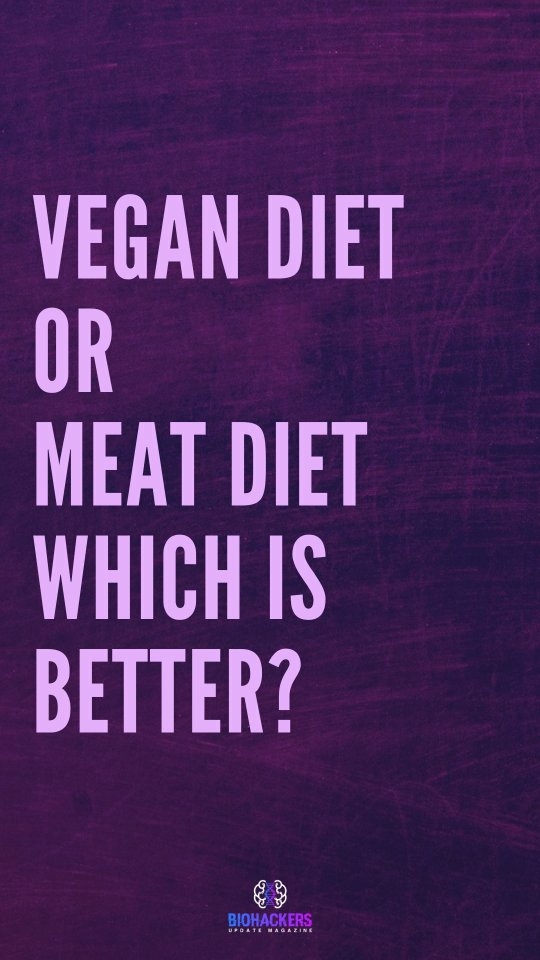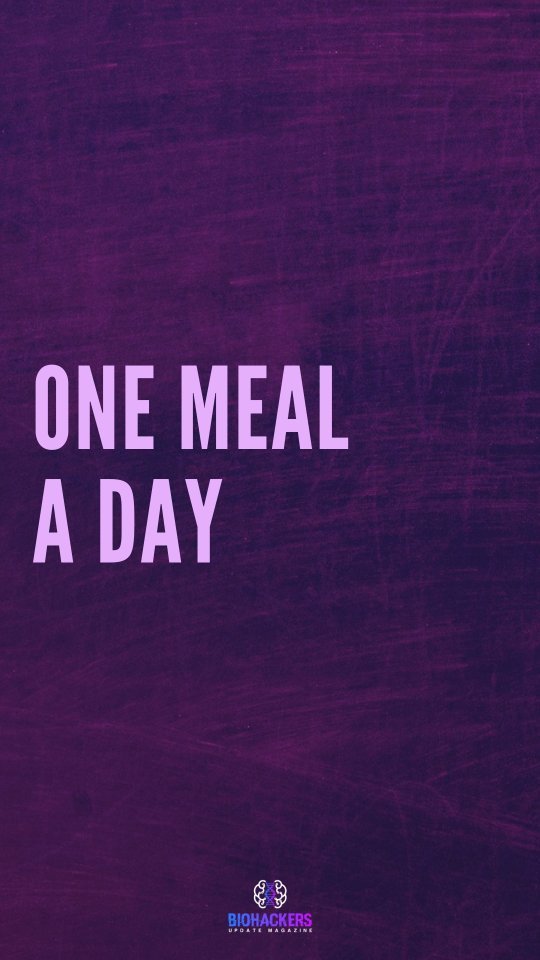
Productivity is dependent on multiple factors. But those factors play their part effectively, only if you have the energy for it. Broadly, the reasons for low energy are as follows:
LACK OF PROPER SOURCE OF ENERGY
Our office schedule and busy lifestyle prevent us from having the meal we deserve. From a healthy breakfast
or a refuelling lunch to a relaxing dinner, almost every meal of the day is either skipped or substituted by something
unhealthy, thus leaving your body depleted.
OPTIMIZATION OF INTAKE
Some people have a balanced diet regularly and yet find themselves at a loss of energy when they need it.
This may be because your body is not able to process and utilize the food to its full extent. While the basic macro and
micronutrients are essential for all, most people have certain individual requirements. Do a gut test and/ or consult
a dietitian to learn about your optimal and individual nutrition intake.
WRONG FUEL
You cannot put rocket fuel in a car and expect it to fly. You need a rocket engine to process the fuel. We see supermodels and people on social media perform marvellous feats and because we feel inspired by them we try to follow their lifestyle. All the while we forget that it took years of hard work to get to that point. Rather than starting small we jump start with great motivation and enthusiasm, which tends to fail within a few days.
DISCOVER THE SECRET
The secret to having the energy to get through the day is in the small changes/hacks you can easily integrate into your lifestyle:
MORNING

- You can only win a race if you have a full tank at the start. Try getting up early in the morning. Getting up early jump-starts your metabolism and helps you get a head start on the day.
- Begin your day by drinking 2 big glasses of water. This will help in your bowel movement and also rehydrate you after your sleep. For an extra jolt of electrolytes, squeeze in some lemons with a pinch of high-quality salts like pink Himalayan salt or grey Celtic sea salt. And if you want to try something really different, try diluting apple cider vinegar in water. It is known to have positive effects on your digestion and overall nutrient absorption.
- If possible, try to see the sunrise. If that is for whatever reason just not doable for you, at least go outside as quickly as possible for 10-15 minutes.
- Try exercising 15 to 20 mins a day. According to research, morning is the best time to work out because your body is in a calorie deficit from the long feeding interval. Morning exercise helps the body to optimize food absorption and reduces the requirement for more calorie intake. That being said, the best time for hard workouts is in the afternoon because then your body is at its peak performance levels.
- Breakfast! The one that got away! Due to many reasons, most people are unable to have a healthy filling breakfast But what if we could bypass breakfast? Ever heard of intermittent fasting? If not then you probably live under a rock. This game-changing method helps you get the most out of your meals by regulating the feeding windows.
What is a feeding window you might ask?
According to this method, there are intervals where you can have food and intervals where you should fast. The most popular method is called the 16/8 method. In this schedule, you fast for 16 hours and have your meals in the next 8 hours. However, it is very important to have a healthy meal when you end your fast. Supposing you had dinner at 8 PM, you can have food at Noon the next day.
(Note we are not suggesting to skip breakfast, (it can be a very essential meal of the day), rather only suggesting an alternative.)
NOON
No matter what time of day it is, having water and staying hydrated is always tip number one. It is also important to have a healthy lunch with a balanced nutrient distribution for higher energy.
- Soak some sprouts and nuts before going to bed and have them around while working. It will help you have something healthy when you feel hungry or just need a snack.
- Get outside. Breath fresh air, see the sun, get on your feet if possible and move your body.
- Consume Apple cider vinegar. Believe me, it takes some getting used to but once you do it has many health benefits. Along with improving digestion, it helps in better absorption of nutrients in your food. You can easily dilute it in water and drink it to make the taste more bearable. To maximize its benefits, drink it on an empty stomach, but you could also drink it 20 mins after a meal for better digestion.
NIGHT
The conclusion of the day is the foundation of tomorrow. We could (and will) write a whole issue about how to optimize your sleep but the following are just a couple of basic tips which you can use to go a long way on your road to perfect sleep.
- Have a healthy dinner at least a minimum of two hours before you go to bed to allow the body some time to break down the food. According to your circadian rhythm, digestion slows down at night and especially during sleep.
- Light walking after dinner is advised but not anything excessively exerting. It helps in a better Glycaemic Response and regulates your blood sugar spikes. This is especially helpful if you just had a carb-heavy meal.
- Dim the lights and turn off all devices with screens also two hours before you go to bed to allow your body the natural production of melatonin. Using blue light blocking glasses also help if you can’t stop staring at screens (who doesn’t like to Netflix and chill?)
- Make sure you sleep in a comfortable space. Try to completely block out all light (including LEDs) and have room temperature between 16-18°C (60- 65°F).
The level of energy in a person hugely relies on the source of the energy and in what manner it discharged.
Make sure you have a proper diet and ample physical work to support it. The human body should work like a well-oiled machine. The energy input should not be more or less, in any case from the output. More input would just force the body to accumulate the energy and store it as fat. So we must find a balance between the two, to have better and more efficient results.


Every one of us, at some point in life, has pressed the restart button on our computers and thought, “I wish humans had a restart button too”. While a strike to the head will instantly shut down the system, it is not advisable, as it is the machine equivalent of pulling the power. So let us discuss a less violent approach to restart your system with energy and vitality.
To be honest, you too have skipped out on quality sleep due to work, like most around the world. The fast-moving competitive world has forced us to work harder and sleepless. Recent studies suggest people incur a sleep deficit due to work and work-related stress.
Whether it is the extra hours you put in or the times when thoughts of work never seemed to leave your head, the effect on the body is the same: tiredness and extreme fatigue because of the lack of sleep. And a long Sunday sleep is not going to fix it. If you work regularly, you need to rest regularly as well.
Believe it or not but, Sleep is the key to having more energy during the day. Though the effect of sleep deprivation is different for each individual, a common effect of deprived sleep is a delay in reaction time, low energy, and a decline in the capacity and effort of a person. Sleep promotes better energy storage and helps you perform better; both physically and mentally. It does so by optimizing the intake of food, meaning having more energy while eating less. Studies have found a relationship between overeating and sleep imbalance. The body tries to compensate for the loss of sleep by demanding more energy intake. Lack of sleep often affects the metabolism of a person, causing much hormonal imbalance in the body. So what to do when you do not have time to sleep long hours?
MICRO DOSES OF CAFFEINE
The topic has gained a rapid spike in popularity over the last few years. This trend has been covered by major outlets including vice, Vogue, GQ, Rolling Stone, and Marie Claire. Gary Wenk, a professor of psychology and neuroscience at Ohio State University, discusses how micro-dosing caffeine can be good for the brain. “One should try micro-dosing, as this brings about more helpful results of the drug.” Coming back to caffeine, it has many good effects on our body (although its cons cannot be ignored). Hence micro-dosing helps us enjoy all its benefits without worrying so much about the other side of the coin.

Subscribe For More Awesome Content
To receive the latest news and updates from the world of Biohacking.
